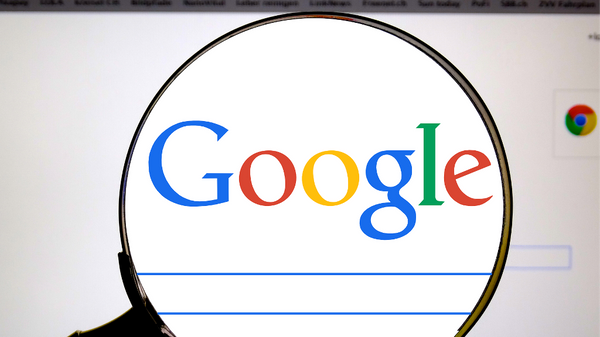The French government is demanding €1.6-billion ($1.76) from Google, accusing the US internet giant of avoiding local taxes by using a corporate revenue-shifting scheme, a widespread legal practice used by many large multinational companies to avoid high taxation.
"As far as our country is concerned, back taxes concerning this company amount to 1.6-billion euros," Reuters cited a French official who spoke on condition of anonymity.
Google, in particular, has a structure that allows it to pay taxes in Ireland, even when sales occur elsewhere. Since Ireland has less corporate taxation, the company ends up paying fewer taxes than it would have had it had office in France.
Sundar Pichai, the current Google CEO, is currently in Paris and expected to meet with French Economy Minister Emmanuel Macron on Wednesday night. The two might touch on the issue.
Although the corporate revenue-shifting scheme is legal, some French citizens think Google has to pay its fair share.
"It's just not acceptable that Google, which makes about €1-billion (over $1.1) in revenue in France, doesn't pay taxes," said Stephane Richard, the head of Orange, the leading French telecom operator, as cited by Forbes.
Le Monde reader Marius also thinks Google isn't doing fair business in France:
"This universal communication tool [Google] uses monopoly and is able to cut whole sectors of the [French] economy… This is not even a return to the 19th Century, but to the Middle Ages."
"Google should fix its taxation policies in accordance with French tax authorities. Of course it would manage to get away with it [not paying taxes], but only by cheating."
Last month, British tax authorities managed to squeeze out 130-million pounds ($181.2) from Google in unpaid taxes since 2005. The British settlement, however, was more than 10-times smaller than what the French are asking for.
Despite the huge sum imposed on Google by the French government, the company doesn't need to pay the entire €1.6 billion. The US giant will probably appeal and the two sides would most likely negotiate, AFP said.




